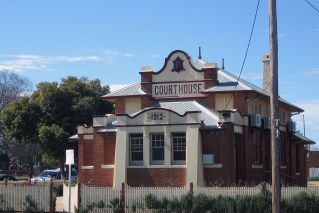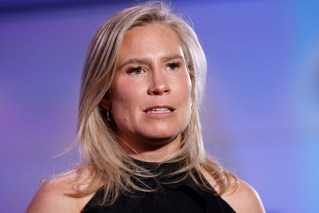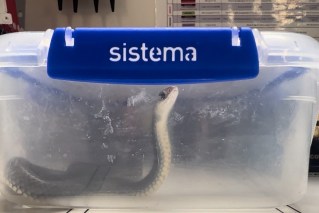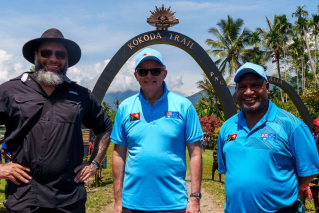Calls for Singapore-style celebrity campaign to help vaccine hesitancy

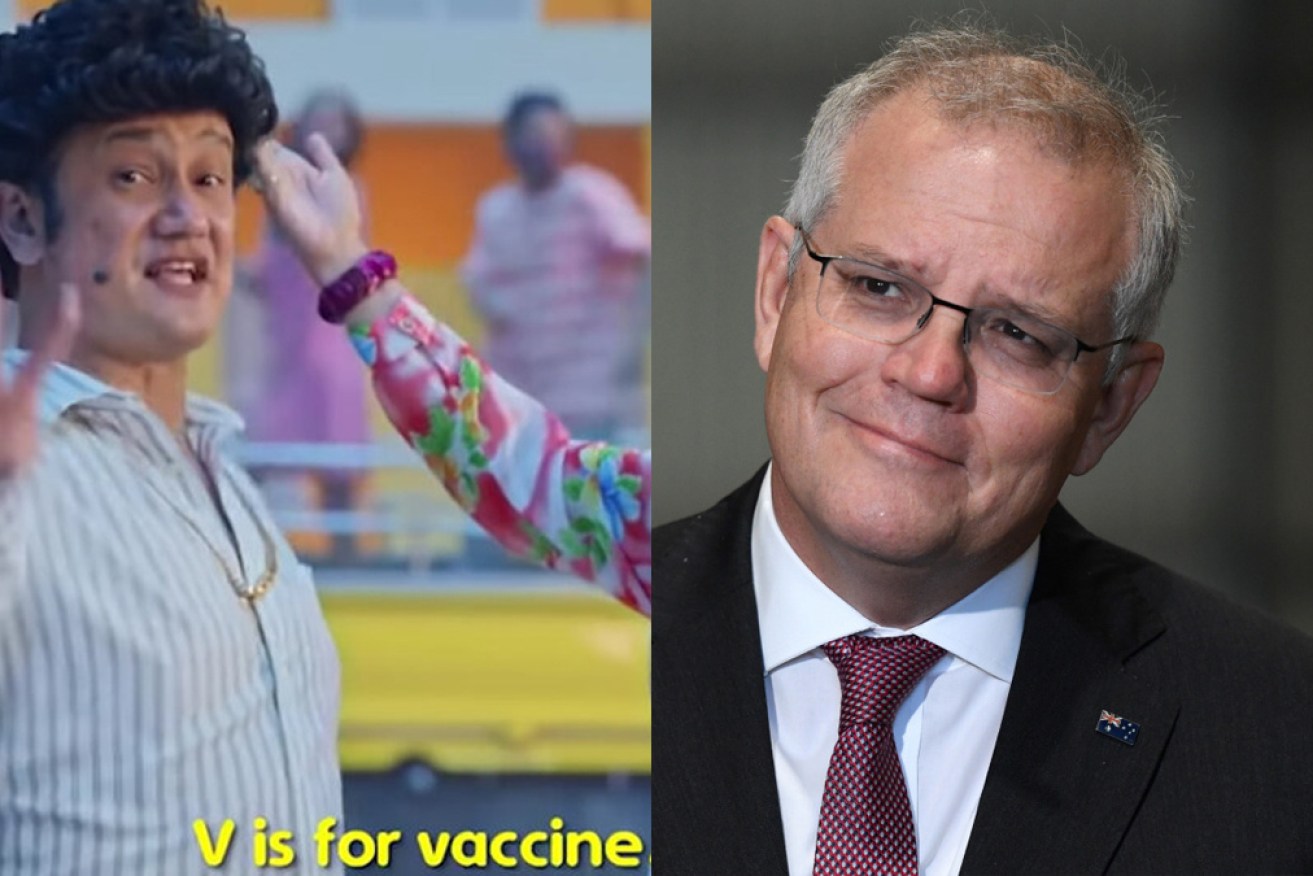
There are calls for a Singapore-style vaccine campaign in Australia to help hesitancy. Photo: TND
Health Minister Greg Hunt says the government has no plans to overhaul its COVID vaccine ad campaign or address hesitancy concerns – instead calling on Australians to take the lead and encourage their family and friends to get a jab.
But a leading expert on vaccine uptake says Australia should follow Singapore or New Zealand in creating colourful song-and-dance ads with celebrities to encourage taking the shot.
“I certainly hope they plan to have a big campaign, that’s what my colleagues and I think we need now,” Professor Julie Leask, of Sydney University’s school of nursing and midwifery, told The New Daily.
“We need real smarts on our mass media campaign, now.”
With vaccination rates a major factor tied to borders reopening, and the winter danger season upon us, experts are warning against complacency.
‘Greatest risk’
After a slow start, Australia has administered 3.28 million COVID vaccine doses as of Tuesday, including a record 95,500 on Monday.
However, concerns around vaccine hesitancy have risen after some vaccination centres lay empty, while doctors report many older Australians are saying they don’t want AstraZeneca and plan to “wait” for a different type.
A Nine newspapers poll found 29 per cent of Australians were hesitant to get a vaccine. Victorian chief health officer Brett Sutton tweeted it was “disappointing” and “the greatest risk to health”.
In contrast to the United States, China and other nations, Australia isn’t offering ‘incentives’ for vaccinations.
New Zealand and Singapore attracted attention for light-hearted ad campaigns encouraging jabs, but the federal Department of Health told TND Australia wasn’t planning to follow suit.
“We’re not proposing any incentives per se, other than the vaccine keeps you safe and it can help save your life, and it can help save the life of your mother or grandmother,” Mr Hunt told TND earlier this month.
More recently, he said the prospect of travel under a ‘vaccine passport’ should be an “incentive”.
On Tuesday, Mr Hunt was buoyed by the 95,000 vaccine figure on Monday, saying growing numbers could help hesitancy issues.
Vaccine hesitancy concerns
Prime Minister Scott Morrison said on Tuesday he was “not overly troubled” by hesitancy, but “we’ve obviously got to work on it”.
“There’s plenty of time to have the chat,” Mr Morrison told 2GB radio.
But Professor Leask said the time for that chat was now.
“There’s hesitancy, there’s refusal, and we have to do something because we can’t afford to only have 60 or 80 per cent of people vaccinated,” she told TND.
Epidemiologists say Australia may need vaccination rates above 80 or 90 per cent to seriously curb COVID.
Professor Leask is a social scientist, and a leading expert in factors around immunisation uptake. She was hesitant to say there was ‘rising’ vaccine hesitancy in Australia, saying data was patchy but believes hesitancy rates – those on the fence about the jab – hadn’t shifted much in the past year.
She said a strong advertising campaign could help boost vaccination rates.
“Now it’s being offered to over 50s, it’s time the federal government brought in a comprehensive campaign to raise awareness of getting vaccinated, where and how,” Professor Leask said.
“That’s there to some degree, there’s good work being done, but we need a big social media, TV campaign, with key influencers, and the sorts of things we’ve seen overseas.”
Don't play play! Singapore's favourite contractor is back to rally Singaporeans to get their COVID-19 vaccines!
Visit https://t.co/FfrPW5sKb3 for more info. #IGotMyShotSG pic.twitter.com/fOXGHDJnko— Singapore Government (@govsingapore) May 2, 2021
She noted ads need to be culturally appropriate, and said humour and light-heartedness were helpful. However, research found the wrong type of ad, like those trying to instil fear or guilt, could “backfire” in certain communities.
Professor Leask said it would be up to advertising and consumer research to pinpoint what certain segments of the community wanted addressed in an ad, but suggested positive messages from “trusted” celebrities and experts could help.
Former deputy chief medical officer Dr Nick Coatsworth raised issues around “risk” acceptance in Australia reopening borders.
Professor Leask said ordinary Australians may be looking at the risk of COVID, and deciding against vaccination.
“We know one of the barriers is risk appraisal. There’s not a lot of COVID in Australia, some people think, ‘Why do I need it now?’ We should be getting people to engage with the benefits of vaccination,” she said.
Professor Leask also stressed vaccine access was a major factor, saying lack of supply or logistical barriers were a large component in vaccine uptake.
She called on the federal government to do more there, and said only focusing on hesitancy would be “myopic”.
The health department told TND its ad campaign “is ongoing and responds to the specific stages of the rollout”.
“The campaign will further evolve as required as other groups become eligible and a different type or style of messaging is required,” a spokesperson said.

